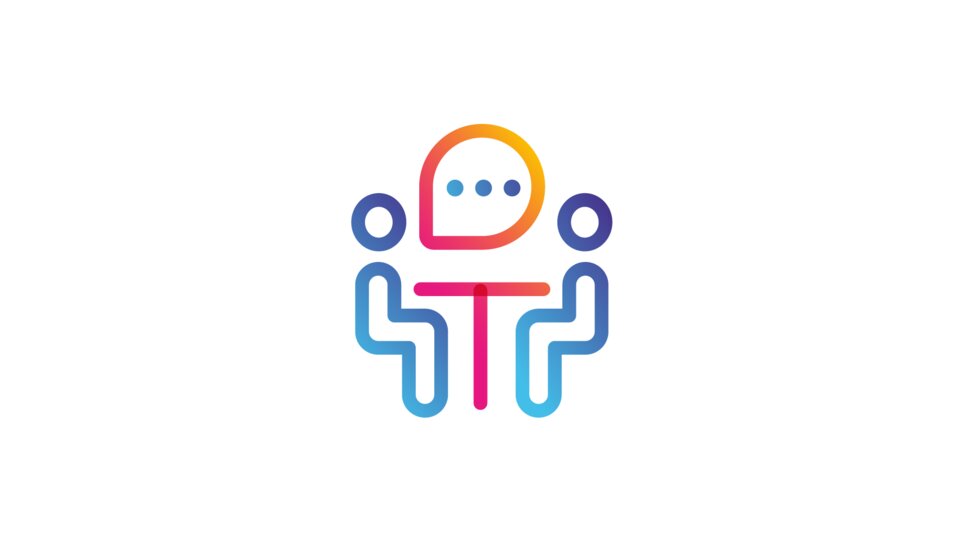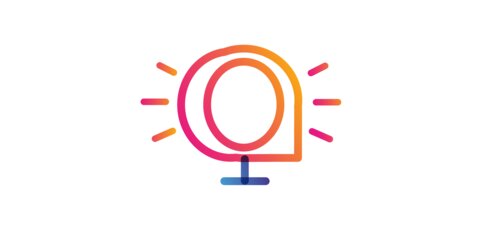
Diagnostic and Assessment Service
Please note: we are not taking new referrals until 01 April 2026. If you are new to our service and seeking an assessment with us, please contact us after 01 April 2026.
What you can expect from us
As the UK’s leading autism charity, we combine decades of expertise to ensure that everyone seeking a diagnosis has access to the highest standards of care.
Our Diagnostic and Assessment Service is a paid service, delivered by highly specialist clinicians.
Assessment fees typically range from £1,800 to £3,800, depending on the individual’s needs and the type of assessment required.
Funding information required before we can consider your application
Before we are able to consider or progress any application, we must receive full details of how the assessment will be funded.
If another organisation will be paying for the assessment - such as NHS, a local authority, employer, or private healthcare insurer - we will require written confirmation that funding has been approved.
We cannot proceed with the referral until this evidence has been provided.
If you are self‑funding, we will ask you to confirm this as part of the referral process.
An assessment with us is likely to involve some or all of the following:
- Diagnostic Interview for Social and Communication Disorders (DISCO): A detailed, semi-structured interview with the person themselves and/or someone who knows the individual well, such as a parent or carer.
- Clinical interviews: One-on-one sessions tailored to the individual’s age and needs.
- Supplementary assessments: Including the Autism Diagnostic Observation Schedule (ADOS-2) and language or cognitive evaluations where necessary.
We aim to provide a summary report with an outcome on the day of the assessment. This is followed by a comprehensive report within six weeks of the assessment.
We use the Diagnostic Interview for Social and Communication Disorders (DISCO) alongside other assessment tools as recommended by NICE (National Institute for Health and Care Excellence).
Apply for a diagnostic assessment
Whether you are seeking an assessment for yourself, a loved one, or a patient, the Diagnostic and Assessment Service team is here to help.
Our triage service ensures that every referral is directed to the most suitable service—either within Diagnostic and Assessment Service or through one of our trusted partners.
At the National Autistic Society, our goal is to provide every individual and family with the clarity and confidence they need to navigate their autism journey.
Price: Our fees range from £1,800 to £3,800, depending on the specific requirements of each assessment.
We will require written confirmation of how your assessment will be funded before we can consider or progress your application.
Please note: we are not taking new referrals until 01 April 2026. If you are new to our service and seeking an assessment with us, please contact us after 01 April 2026.
Learn more about our diagnostic and assessment process, how to apply and what to know beforehand
We are leading specialists
Our diagnostic service is run in partnership with other leading providers, all quality assured by the National Autistic Society.
- We offer specialist assessment for those with potential other conditions including complex mental health, intellectual or learning disabilities, or other conditions such as ADHD and dyslexia.
- We are leading specialists in autism diagnostic assessments for women and girls.
- We are leading specialists in autism diagnostic assessments that require second or third opinions.
- As well as offering assessments directly, we partner with a small group of trusted organisations who meet our rigorous ethical and quality standards:
Testimonials

"I’m really grateful to all the staff at the service, from administrators to clinicians, in helping support me throughout the assessment process. This diagnosis has helped me understand myself more and seek out meaningful strategies to help me manage my day-to-day life better. All the communications I received were clear and prompt and helped reduce any worries and questions I had prior to the assessment. My clinician was patient, understanding and knowledgeable; was able to help me identify after my diagnosis strategies that have been highly useful since my diagnosis."

"I said on the day, but we are just so grateful for your existence and expertise. It is so vital given how little autism in girls is still currently relatively misunderstood even amongst professionals in the field. It has been enlightening and life changing learning of your existence."

"We felt that the assessment was very thorough, with professionals who were compassionate and experts in their field. And our child was relaxed, included, and happy to take part, which was very important to us."

"It felt like a treat to be able to talk in depth with a respectful and sympathetic person. That in itself was quite cathartic. Positive outcomes – it’s great to have an “explanation” for why I find some things so difficult, that others do not. It’s enabling me to be less rigid in my responses, which feels liberating and surprising, given the diagnosis."

"I felt well supported throughout the day, it was a calm space, the staff were supportive, and the garden was really needed too."

"I just wanted to say a huge thank you to the team for their expertise, kindness and understanding. We were so pleased to have seen them, I can’t imagine anywhere else being better. I will be forever grateful that they assessed our beautiful girl."

What is autism?
A definition of autism with an overview of communication, behaviours and interests, and sensory processing differences needed for an autism diagnosis.

Diagnosis
Our guides for autistic adults, parents and carers, and professionals, on the diagnostic process, getting support after a diagnosis, and more.



